Maria Chavez Brumell: A Passionate Advocate for Educational Equity

The quest for equity and inclusion in higher education continues to be a crucial concern, with institutions battling to guarantee that all students, regardless of their backgrounds, have access to high-quality instruction. This narrative reflects the journey of one such organization, Catch the Next, Inc., which has emerged as a formidable force in the fight for educational equity.
Under the leadership of Maria Chavez Brumell, Catch the Next has confronted numerous challenges, from navigating restrictive legislation aimed at suppressing diversity and inclusion initiatives to combating misconceptions about the capabilities of underrepresented group
A Journey of Resilience
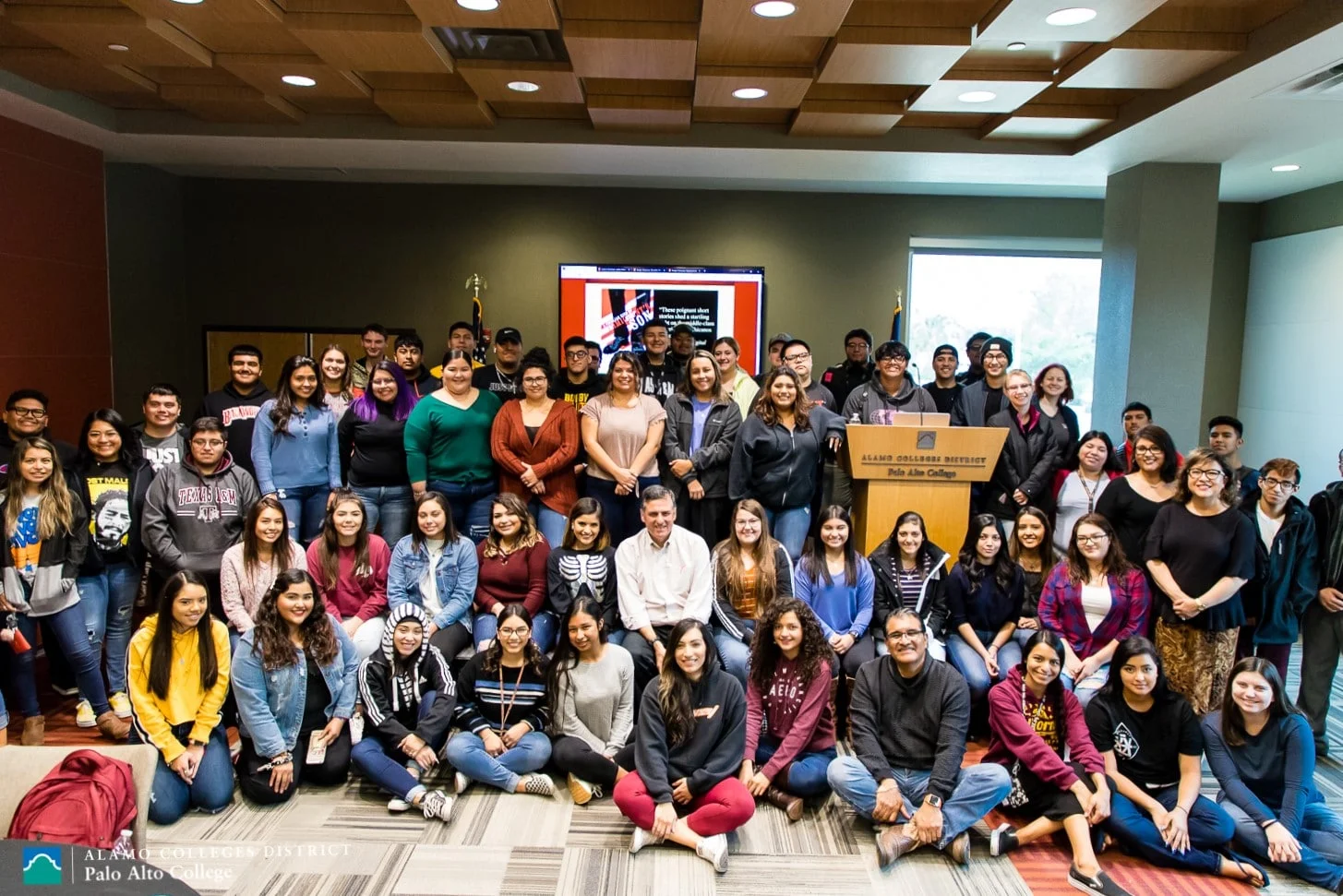
Maria Chavez Brumell’s experiences in college greatly influenced her career path, ultimately leading her to her current position as President and CEO of Catch the Next, Inc. As a first-generation student living with a family that was not her own, her life took a transformative turn when a Kansas State graduate student invited her to attend college. Throughout her college years, Maria often questioned why institutions lacked dedicated personnel to recruit students like herself, who were underrepresented in higher education. Despite being told there were no qualified Mexican Americans for such roles, she did not let this discourage her. Instead, Maria persisted, and her resilience paid off.
After graduating, Maria approached the Dean of Admissions, confidently asserting her qualifications and seeking employment. The University initially offered her a graduate student position to establish its first minority admissions program. This marked a significant stride toward diversity in higher education and marked her entry into the College of Education. Within six months, she was promoted to Assistant Director of Admissions. Driven by a social mission, Maria continually sought innovative ways to address social issues that were often overlooked by the market or public sector, with education at the core of her work. She is deeply and passionately committed to the importance of diversity in higher education.
During her time at Yale, Maria founded the Asian, Chicano, and Native American Cultural Center and initiated the Chicano Boricua Studies, now known as the Race, Ethnicity, and Migration Major. Her entrepreneurial spirit also led her to create a program for children aged 0 to 5 in New Haven, which has since expanded to multiple sites. Balancing her responsibilities as a dean at Yale while serving as the acting director of an organization with 35 staff members, catering to 120 children and families, was both challenging and rewarding. This experience in organizational management marked the beginning of her business journey, leading to two parallel career tracks. As her success gained recognition, various organizations sought her expertise, resulting in her role as a consultant to multiple private and public institutions. Eventually, Maria made the decision to take a leave of absence to concentrate more on her social entrepreneurship endeavors. Today, she proudly reflects on how these efforts have significantly impacted her life while allowing her to maintain a foothold in higher education.
An Ideal Leader at the Helm
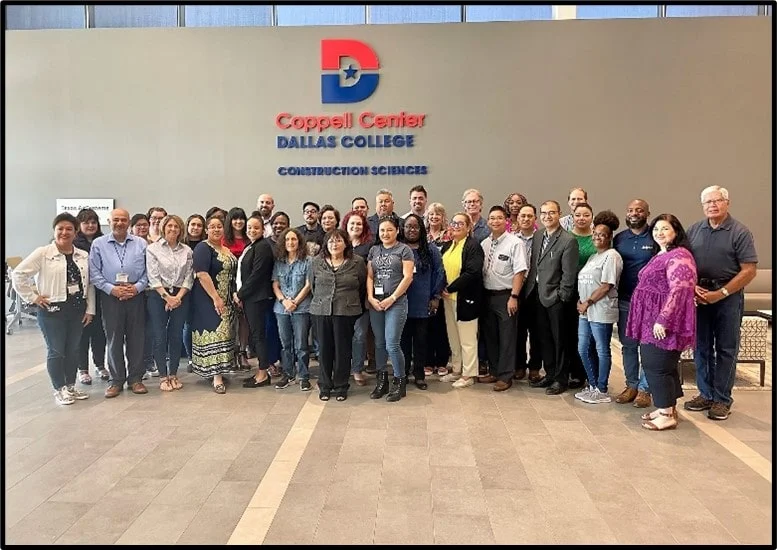
Early in her career, Maria was a very transactional leader, taking pride in her no-nonsense approach to managing enterprises for the public good. She was results-driven and focused on accountability, driven by her desire to measure progress and performance.
However, her leadership style has since evolved. While she remains focused on accountability, Maria has embraced a transformational approach. She aims to inspire people through a clear vision and instill a sense of purpose in both employees and customers. Her democratic approach encourages participation and collaboration among team members, creating a culture where individuals feel valued and essential. This eclectic shift in her leadership style has allowed Maria to foster a culture of learning and growth, making her leadership more effective in ensuring the sustainability of the enterprise.
Focusing on the “why” of their work and effectively communicating to leaders in partner organizations across all roles and levels about the importance of their mission has been crucial for Maria in driving growth and overcoming challenges in her industry. Her main goal is to cultivate a mindset centered on creating value and advancing progress toward future success. This approach is particularly relevant in today’s collaborative and team-based work environments, where leaders must engage across various functional areas.
Maria has applied these concepts to her teams, proving to be a powerful way to foster innovation and support the success of both her organization and its partners. In addition to emphasizing the “why,” she also focuses on what they do and how they do it. This means that her franchises are encouraged to apply their framework in a way that achieves the desired results. Attaining these results leads partners to trust the brand, the work of Maria’s organization, and the value it brings to their institutions, fostering long-term relationships with her partners.
Medals of Merit
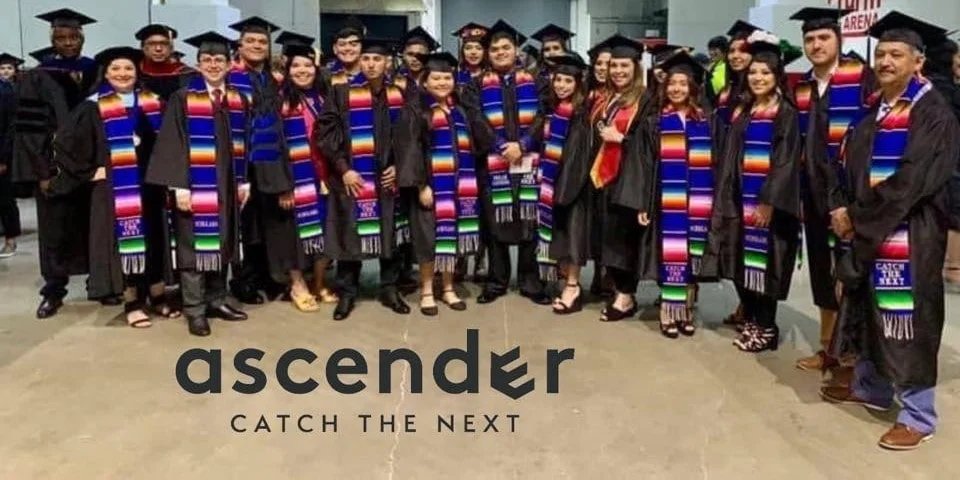
Throughout her career, Maria Chavez Brumell has experienced numerous moments of pride. From coaching individuals and teaching students to supporting organizations in achieving their goals, she has derived great satisfaction from witnessing the impact of her work. Notably, she developed a community school model at a local level that later expanded to 42 states and became part of a program within the US Department of Education. Additionally, her research on impoverished areas led to a national campaign for “America’s Forgotten Children” and the establishment of community organizations to generate positive outcomes through the Save the Children Federation.
Maria takes great pride in her role in creating community programs and facilities ranging from kindergarten to services for older adults, as well as her work at Yale in building social structures that are now ingrained in the University’s operations. This work eventually led her to her current position at Catch the Next, where she ensures that those without access to an Ivy League education can benefit from quality education, regardless of their starting point. She is proud to be part of a movement focused on policy reform at both state and national levels in higher education, with her agency leading the way for partners to achieve excellent results.
Working across institutions has significantly improved student outcomes for at-risk populations. Moreover, many of her former students and colleagues, who are now making a difference in various sectors, attribute their success to her mentorship. Their accomplishments bring Maria immense pride and joy. She measures success in her career by the impact of her work, particularly regarding student outcomes and the positive contributions of those she has mentored. Maria is proud that her partners are receiving national recognition for their efforts in improving student outcomes, and they continue to scale her model to serve more students and faculty. The trust in her brand has led to an increasing number of colleges wanting to join her partnership.
Creating a Unique Brand
After becoming CEO, Maria’s organization experienced rapid growth and gained recognition from the State Department of Higher Education. However, during this time, another organization attempted a hostile takeover. They wrote letters to college presidents with whom Maria’s organization had agreements, trying to undermine their work and persuade them to partner with them instead. Fortunately, her loyal partners informed her about this situation. They acknowledged the success of Maria’s program, their active involvement, and the excellent results they had achieved, which had been recognized by the Bill and Melinda Gates Foundation and the State Higher Education Coordination Board.
Maria’s organization successfully ended its relationship with the hostile organization, but some colleges initially distanced themselves due to the conflict. Nevertheless, Maria and her team continued to work with their loyal partners and eventually regained the trust of others.
Through these challenges, Maria learned that prioritizing one’s brand is essential. She recognized that building a successful business requires focusing on more than just offering a great product or service; creating a brand identity that distinguishes her organization from its competitors is critical. A robust brand communicates to customers who they are, what they stand for, and what they can expect. A clear brand identity helps organizations stand out in a competitive market and fosters customer trust. Trust is vital in any business transaction, and customers who know and trust a brand are more likely to do business with it. Maria understands that a strong brand identity can establish her organization as a reputable and reliable choice in its industry. Trust is developed over time, and a strong brand identity can help expedite that process
Resilience Against the Tide of Doubt
Maria recognizes that some people perceive kindness as a weakness and attempt to undermine others, believing they can perform better. She has encountered situations where she has maintained highly functioning operations, which often leads others to think the job is easy and that they can do it just as well. However, Maria has witnessed many failures when given the opportunity. She has often heard from colleagues that it is rare to find someone who is both “nice” and able to lead a highly effective team. Maria believes it is entirely possible to be intentionally kind while also being an effective leader, yet many remain unconvinced, and their ambition can lead them to challenge those who embrace kindness.
Some individuals may attribute Maria’s achievements to affirmative action, dismiss her record, and question the authenticity of her work history, especially when she has not been eager to promote herself or prioritize her brand over her organization’s. While this can be disheartening, Maria emphasizes that as long as one believes in oneself, their worth, and their mission, one should not allow these detractors to diminish their resolve. Maria takes these challenges seriously but finds strength in knowing that those who challenge her do not yet understand the resilience within her. In time, they often come to realize her capabilities.
Maria believes that strong leaders are aware of their strengths and weaknesses. They do not hesitate to admit when they lack answers or experience in certain areas. Instead, they rely on the members of their team and their complementary skills. Maria advocates for humility among leaders and encourages them to be open to learning from those around them. She emphasizes the importance of being receptive to feedback and encourages women to be fearless in pursuing their vision, especially when they know it is just.
Upholding Equity in a Changing Landscape
Catch the Next, Inc. is an equity-first organization, a principle that is reflected in its board of directors, personnel, and the communities it serves. However, Maria and her team face significant challenges in one of the states where they operate due to legislation that prohibits and penalizes higher education institutions for implementing diversity and inclusion programs. This policing of policies mandates the removal of any references to equity or specific racial groups, such as Latinos and African Americans, from all materials and websites. Partner colleges risk fines for each infraction, creating a climate of fear and censorship.
Maria observes that it is a disheartening reality that, as the nation becomes more diverse, some factions work tirelessly to render certain groups invisible, even to the extent of banning books that discuss their histories and cultures. In light of these constraints, her organization has pivoted to use the term “underserved” to continue advocating for equal opportunities for specific populations. This terminology allows Catch the Next to serve first-generation students and individuals from lower economic backgrounds, who are often at the intersection of race and ethnicity.
Cultivating Leaders for an Equitable Tomorrow
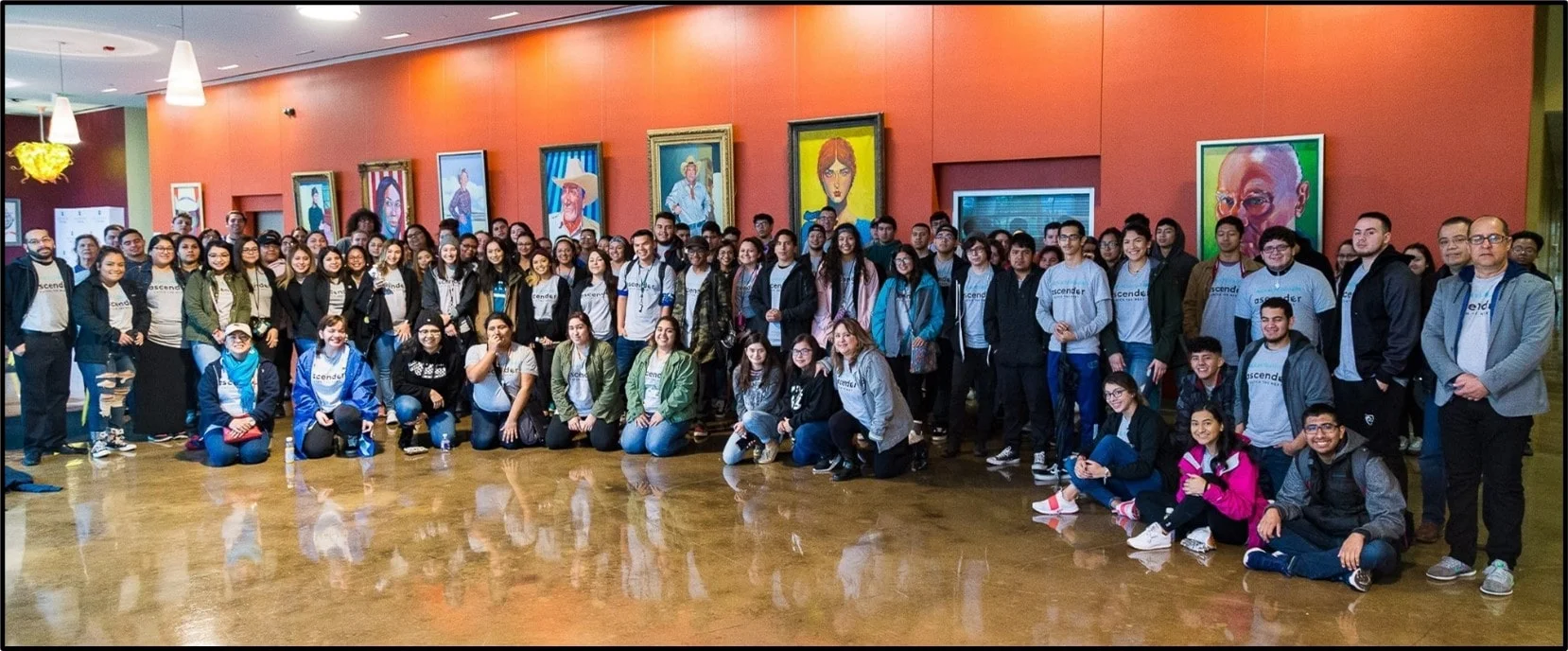
Maria believes that education and income are highly correlated with race and ethnicity, and by focusing on first-generation and low-income students, her organization remains committed to serving its intended population. She emphasizes the importance of resilience, stating that even when one door closes, there is always a window to the other side. Maria encourages her team to persist and not give up, reflecting her unwavering commitment to equity and access in education.
Catch the Next, Inc. maintains affirmative action policies, recognizing that promoting gender equality extends beyond merely having a document in place. Maria intentionally leads a team primarily composed of women while ensuring that men are not discriminated against. To foster a diverse pool of potential staff and consultants, she established the Leadership Fellows Program.
The Catch the Next (CTN) Leadership Fellows Program offers participants a customized learning experience, immersing them in the corporation’s culture, policies, and decision-making processes. The program’s primary aim is to maximize the potential of all individuals implementing CTN programs across the state and nation, positioning the organization as a catalyst for change. It prepares future leaders to tackle real-world challenges both within and outside of higher education, addressing the capacity-building needs of the corporation and the educational institutions it serves.
Through this initiative, the organization seeks to develop leaders who embody the values of respect, community, professional development, and responsible stewardship. The program encourages participants to lead and achieve success through collaboration and inclusiveness.
Additionally, Catch the Next has established a national Professional Mentoring Network comprising scholars, authors, and community leaders. This network supports the organization’s mission and provides access to renowned women who inspire not only the staff at Catch the Next but also those at partner institutions and the students they serve. Maria acknowledges the profound impact these mentors have, stating that they inspire her as well.
Latest Editions
-
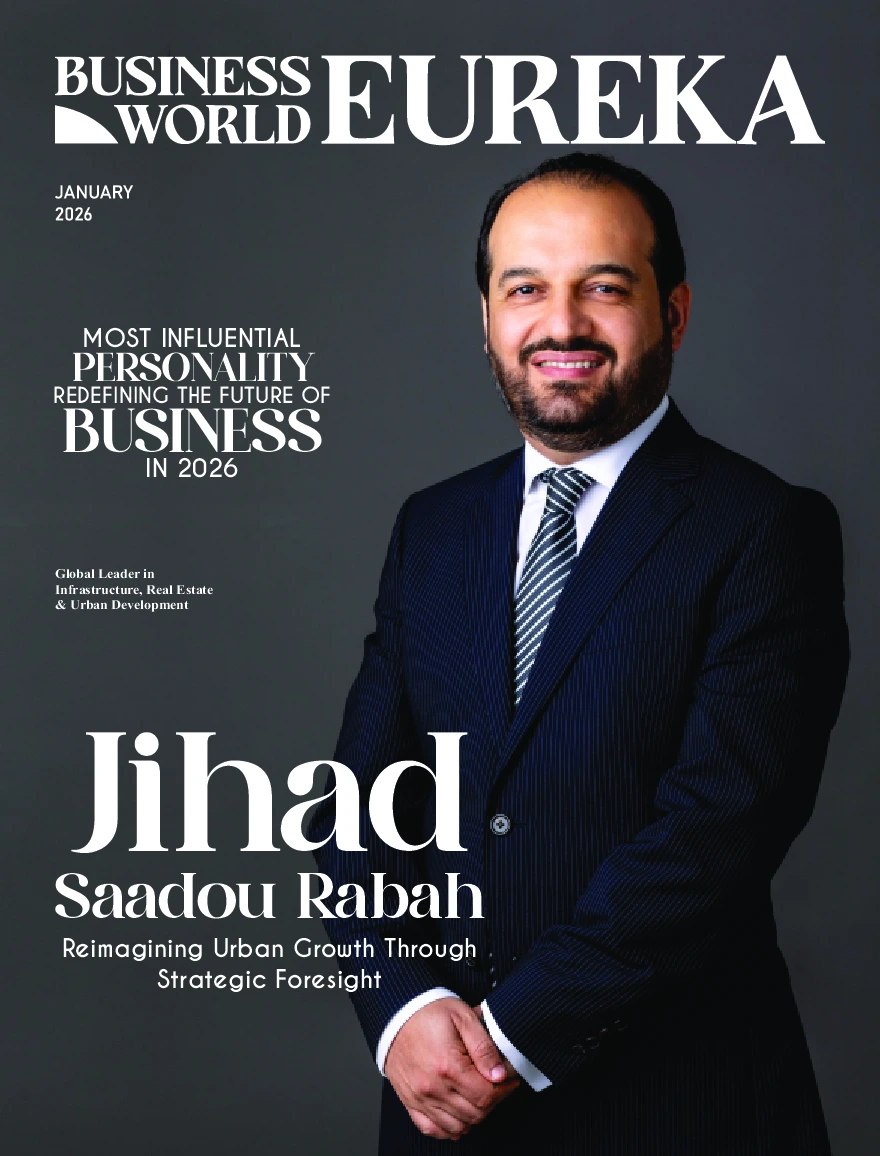 Most Influential Personality Redefining the Future of Business in 202605 Feb 2026 magazines
Most Influential Personality Redefining the Future of Business in 202605 Feb 2026 magazines -
 World's Most Inspiring Keynote Speakers to Watch in 2025–2602 Jan 2026 magazines
World's Most Inspiring Keynote Speakers to Watch in 2025–2602 Jan 2026 magazines -
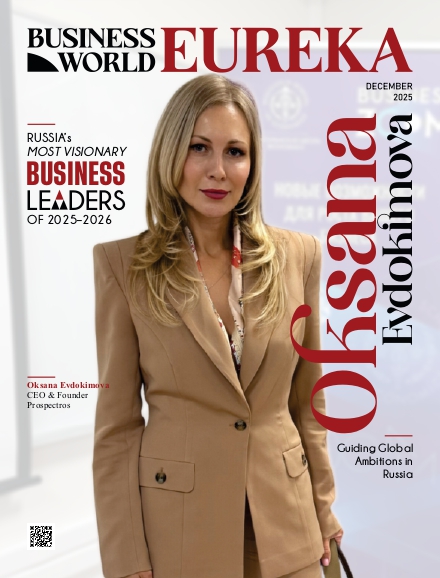 Russia’s Most Visionary Business Leaders of 2025–202619 Dec 2025 magazines
Russia’s Most Visionary Business Leaders of 2025–202619 Dec 2025 magazines -
 Sheroes: UK's Most Visionary Leader Making Their Mark in the Global Education Landscape, 2025–2602 Dec 2025 magazines
Sheroes: UK's Most Visionary Leader Making Their Mark in the Global Education Landscape, 2025–2602 Dec 2025 magazines -
 Europe’s Most Influential Business Leaders to Watch in 2025-2630 Nov 2025 magazines
Europe’s Most Influential Business Leaders to Watch in 2025-2630 Nov 2025 magazines

